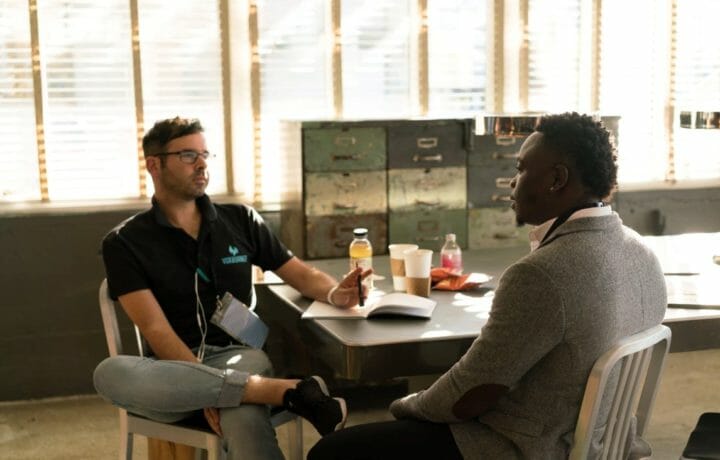Are you going on a cruise to the Caribbean, ski trip to Whistler-Blackcomb, in the Canadian province of British Columbia, or a business trip to China? While they may be different locations, have varying degrees of associated security issues they all have one thing in in common for those who enjoy the privilege of holding a U.S. Government security clearance – you have a travel reporting requirement. Before you go, you will have advised your security officer of your intent to visit a foreign country and availed yourself for an appropriate travel briefing. Then when you return from your foreign travel, you will provide a detailed trip report to your facility security officer (FSO) or designee.
In a perfect world, you will have provided your FSO and supervisor of your classified engagement with a minimum of 30 day notice of your intent to travel abroad. What will you be required to provide prior to travel? You will include: countries to be visited and the dates (inclusive); the purpose of the travel, your intended lodging, point of contact at each locale and the identity of individuals you know you will be in contact who are not US persons. Here is an exemplar from the Presidio of Monterey, US Army Garrison: Report of Foreign Travel POM form 154 (July 2012) of a pre-travel notification format. Why the advance notification? This advance notification allows ample time for the FSO to engage the Cognizant Security Authority (i.e., the entity with whom you are engaged in classified work) and obtain any special safety, security, or counterintelligence briefing materials which may be appropriate for your trip. Your security officer will incorporate this material, if any, into the travel safety and security briefing you are going to receive prior to your travel.
And what of the post-travel reporting requirement? You will be asked to provide: countries visited; mode of travel; the purpose of your visit; names of individuals with whom you had contact at each location, with address and telephone numbers; where did you stay at each locale (if at a hotel include your room number); and then a selection of basic counterintelligence questions (these are the CI questions used by the aforementioned US Army Garrison a the Presidio of Monterey:
- Were you subjected to questions regarding your duties?
- Were you requested to provide any information about your employer or classified work?
- Were you threatened, coerced or pressured in any way to cooperate with a foreign intelligence service?
- Did you have any contact with persons whom you know or suspected of being a member of a foreign intelligence or security service?
- Did you come in contact with any foreign military or police organizations?
- Did you come in contact with any designated country officials?
- Did anyone show undue knowledge or curiosity about you?
- Did anyone attempt to obtain classified or unclassified information from you?
- Did anyone try to establish any type of friendship or social or business relationship with you that you would consider outside of normal official channels?
- Do you have any information in regards to your travel that you feel should be reported?
And of course if you answered yes to any of the above – expand upon those answers.
It’s always a good idea to keep copies of your own foreign travel submissions, both pre-travel and post-travel, as they will serve you well every five years when you are filing out your forms for your renewal of your security clearances and must report foreign travel which occurred subsequent to the last time you filed a SF-86.
Enjoy your travel, both wide and far, and don’t forget foreign travel = travel reporting.




